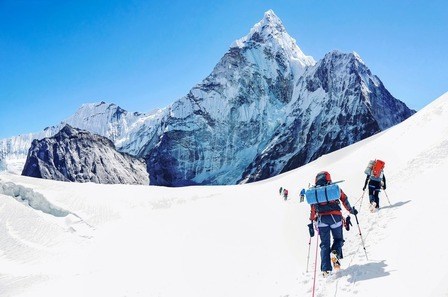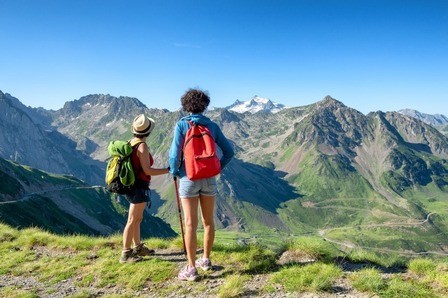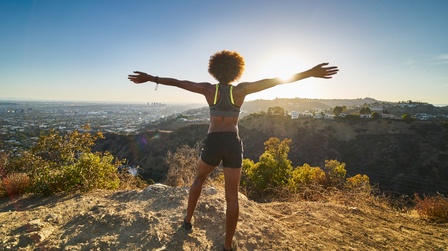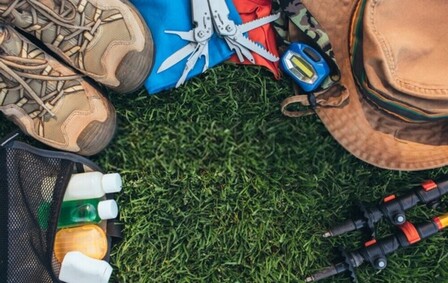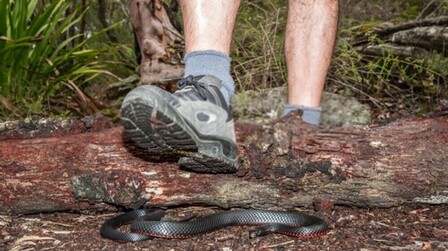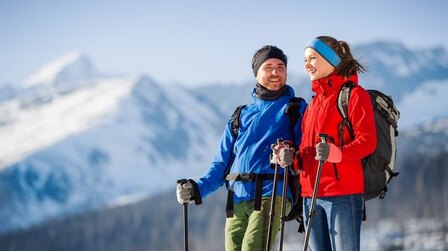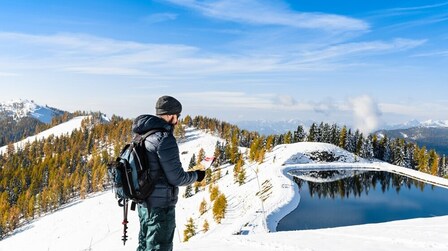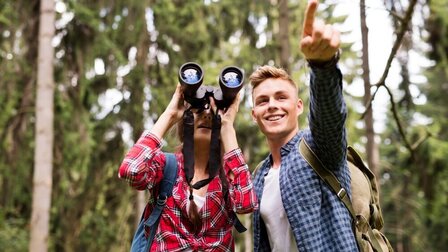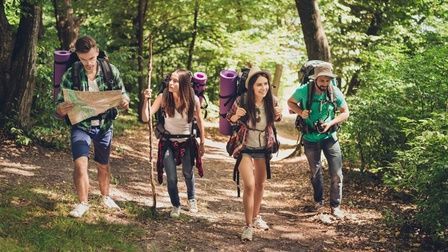Your muscles need oxygen to work properly.
When you're exercising, they will consume more. The tougher the activity, the more amount of oxygen needed, which pushes your heart to bound harder and faster (from 15 times in a resting state up to 60 times).
If your lungs don’t have enough capacity, which means less oxygen is reserved, you might feel tired and dizzy, especially on steep hills or at high altitudes.
Below are ways to increase your lung capacity for hiking.
Keep Your Lungs Healthy
If you wish to increase your lung capacity, first thing first, keep them healthy. “Prevention is the best medicine”, they said. Here are things you should follow:
Enhance Indoor Air Quality
Eliminate dust, mold, artificial fragrances, and other pollutants as much as possible by improving your indoor air quality.
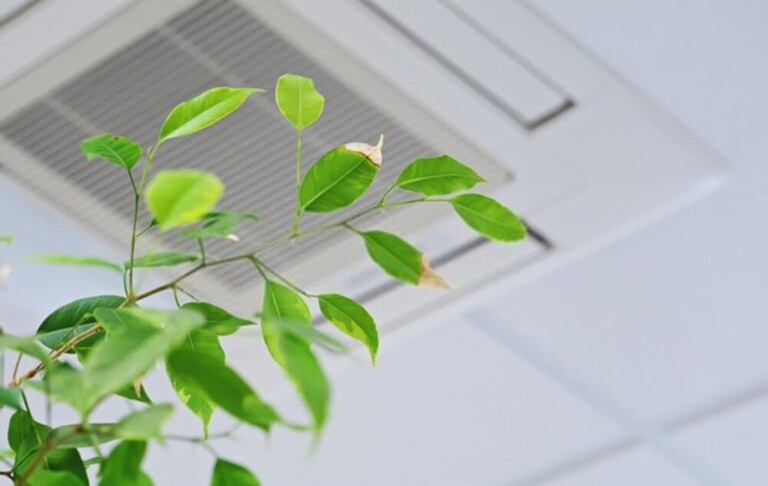
Hint: Investing in a good air filter or air purifier is highly recommended.
Get Vaccinations
Pneumonia and flu are the two most common lung diseases. Although nowadays, there are medicines to help cure them, it takes time to function your lungs as normally.
Our advice is to get vaccinations to prevent lung infections, which is also a good way to remain healthy.

Stop Smoking
If you’re smoking for some reason or using electronic cigarettes, stop it. Or, if you’re living in environmental irritants, find ways to improve it. Avoid being a secondhand smoker, too.

Ways To Increase Your Lung Capacity For Hiking
Exercise More
While exercising helps increase your stamina and strengthen your muscles, it modifies your lungs to function properly.
Stretching

Or, if you love yoga, take a practice.
Cardio

Cardio is a great way to help you become a steeper hiker more quickly.
Try to do a spin class, elliptical machine, or a stair climber since they improve the amount of oxygen you take in with each breath while increasing your endurance. For better results, combine with muscle strengthening training.
Once your muscles are getting stronger and your lungs can accommodate more oxygen, they will use that amount of oxygen more efficiently.
According to a study, a person’s lung capacity can be improved by as much as 5% to 15% after 3 months of doing cardio workouts and muscle strengthening exercises at the frequency of 3 times/week.
Breathing Exercises

Taking some simple yet impactful breathing exercises helps you breathe more easily since they stimulate the PNS (stand for Parasympathetic Nervous System), which makes you relaxed and feel calm.
You can do these exercises after a cardio workout, when you’re in the office, walking on the street, or at any time you want.
For those who are suffering a chronic lung disease, kindly consult your doctor’s advice and work with him/her to find out the most appropriate breathing exercises for you.
Here are some common, easy-to-try breathing exercises:
Abdominal Breathing

Lay flat on your back in a comfortable gesture. Place one hand on your chest and the other on your abdomen. Deeply and slowly inhale from your midsection as long as the hand on your chest rises lower than the one on your stomach.
Inhale from your nose and exhale from your mouth, slowly. Each time breathing in, try to hold it for 5-7 seconds. The same amount of time for the exhaling process.
Note that your abdominal muscles must be squeezed near the end while you’re breathing out. Repeat this exercise 5 times.
Rib Stretch

Put both hands on your hips with your pinkies touching the small of your back while the thumbs facing front. Stand straight and breathe out all of the air from your lungs.
Now, slowly inhale until your maximum lung capacity is reached. Try to hold for 15-20 seconds as possible, then slowly breathe out.
Relax your body.
Repeat this exercise for 3 cycles.
Pushing Out
Stand straight and relax your knees. Breathe in slowly to let your lungs hold as much air as possible, hold for 10-20 seconds depending on your ability. While counting, lift your arms over your head.

Now, bend your upper body over from the waist, slowly exhale all of the air in your lungs then return to the upright standing position.
Repeat this cycle 4 times.
Pursed-Lips Breathing

Pushed-lips breathing makes your lungs function more easily for oxygen/carbon dioxide exchange improvement plus you’ll breathe more slowly, which keeps the airway open longer for decreasing the breathing work.
Here is how to do this technique:
Slowly breathe in from your nose. Purse your lips as if you’re about to pout or blow on something. Now, exhale from your pursed lips as 2x more slowly as when you’re breathing in.
Repeat these cycles 3 times.
Take certain vitamins

Some vitamins, like vitamin D, help decrease information and improve lung health status significantly. It particularly works on those people who have the chronic obstructive pulmonary disease (or COPD).
According to several studies, continuously taking certain vitamins reduces flare-up symptom duration and severity, hence, improve lung function and capacity.
Conclusion
Having healthy lungs with great capacity helps you get a huge breathing reserve even when you’re out of breath. We hope that our tips above on how to increase lung capacity for hiking were useful to you.
Thanks for reading and happy hiking!

